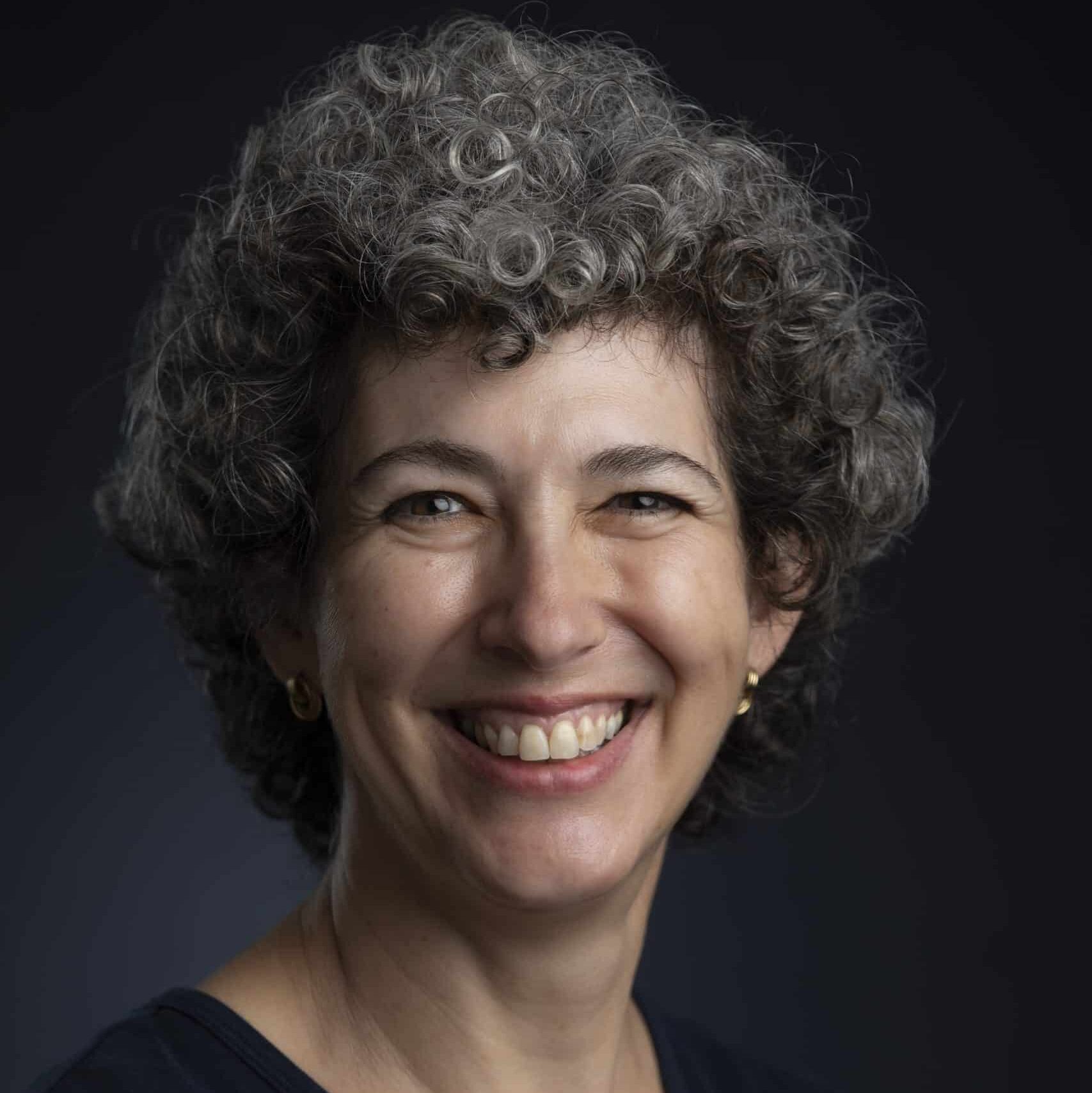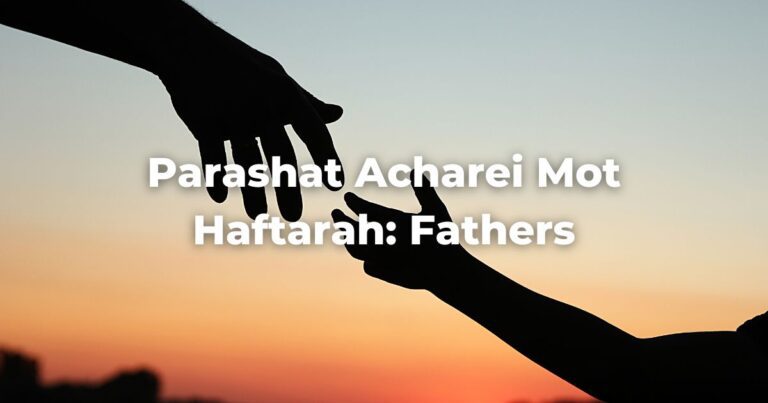Text: Bemidbar 7:1-11
1 Now it came to pass, on the day when Moshe had completed setting up the tabernacle, that he anointed it and consecrated it and all its furnishings, …10 And the leaders offered the dedication offering for the altar when it was anointed; so the leaders offered their offering before the altar. 11 For the Lord said to Moshe, “They shall offer their offering, one leader each day, for the dedication of the altar.”
- The Mishkan (Tabernacle) was a national project. Why is Moshe credited with its completion?
- The leaders of the tribes have a major role in consecrating the Mishkan. Why are their offerings mentioned separately from the offerings that all the people made to build the Mishkan?
Commentary: Rashi on Bemidbar 7:1
Moshe had completed—Bezalel and Ohaliab and all the wise-hearted men made the Tabernacle (cf. Exodus 36:1), but Scripture attributes it to Moshe because he devoted himself wholeheartedly to it, to see that the shape of each article was exactly as He had shown him on the mountain—to show the workmen how it should be made; nor did he err in a single shape.
- According to Rashi, who should have been credited with building the Mishkan? Why is Moshe, whose position appears to be administrative and supervisory, credited with the completion of the Mishkan? Can you think of similar situations today? How do they differ from the reason given by Rashi?
Commentary: Rashi on Bemidbar 7:10
So the leaders offered their offering before the altar—because Moshe would not accept them at their hands until he was so bidden by the mouth of the Almighty.
- Why do you think that Moshe would not accept the offerings of the leaders of the tribes until he was instructed to do so by God?
- Once he was ordered to accept the offerings, each tribe leader brought the offering on a separate day. Why do you think that it was done in such a manner?
Commentary: Hizkuni on Bemidbar 7:11
One leader per day—to honor the leaders. Since Nahshon (the leader of the tribe of Judah) went first, he should not say, ‘since I offered first, I will go up to offer with each of the others on their day’; therefore, it says: “one leader per day.”
One leader per day—to extend their joy.
- Hizkuni offers two possible reasons for the “one leader per day” system. How would you define each of them?
- What risk does Hizkuni identify in Nahshon’s potential understanding of his position? When is such a risk prevalent?
See more: Parashat Naso
Originally posted as part of the Conservative Yeshiva at the Fuchsberg Jerusalem Center’s Torah Sparks. Support TorahRefers to the first five books of the Hebrew Bible, the Tanakh, also called the Five Books of Moses, Pentateuch or the Hebrew equivalent, Humash. This is also called the Written Torah. The term may also refer to teachings that expound on Jewish tradition. Read more learning from the Fuchsberg Jerusalem Center/Conservative Yeshiva for leaders and seekers around the world here.
Authors
-

Vered Hollander-Goldfarb teaches Tanach and Medieval Commentators at the Conservative Yeshiva and is a regular contributor to Torah Sparks, FJC’s weekly message on the weekly Torah portion. She received her M.A. in Judaic Studies and Tanach from the Bernard Revel Graduate School of Yeshiva University and studied at Bar-Ilan University and the Jewish Theological Seminary. Before making aliyah, Vered taught at Ramaz School and Stern College in New York.
View all posts -



The Fuchsberg Jerusalem Center (FJC) is a home in the heart of Jerusalem where leaders and seekers can find an authentic place in Jewish tradition to call their own. FJC offers opportunities to study, pray and explore within an egalitarian and inclusive setting, creating multiple pathways for finding personal and communal meaning.
View all posts






